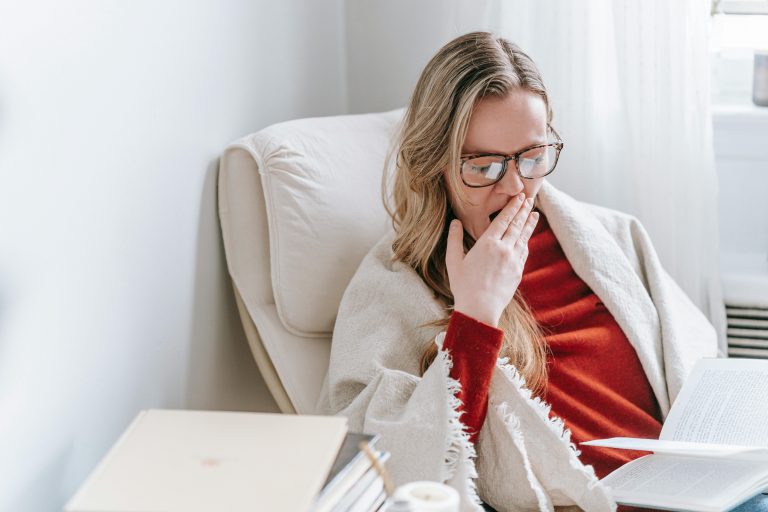If you’ve been feeling unusually tired or sluggish, it might be worth looking into your iron levels.
Iron is a crucial mineral that the body needs to function properly. It plays a vital role in producing haemoglobin, the protein in red blood cells that carries oxygen from the lungs to the rest of the body.
Without enough iron, you can experience a range of symptoms and health issues. Signs of low iron that you need to look out for include:
Fatigue and weakness
One of the most common symptoms of low iron is persistent fatigue, always feeling tired. This occurs because your body isn’t getting enough oxygen to the cells, making you feel weak and drained even after a full night’s rest.
Pale skin
Iron deficiency can cause your skin to lose its normal colour, giving it a pale or slightly yellowish hue. This happens because your body isn’t producing enough haemoglobin.
Shortness of breath
If you find yourself getting winded from activities that were previously manageable, it might be due to your body’s reduced ability to transport oxygen effectively.
Note: Watch out for heartburn and a rapid heartbeat, too.
Cold hands and feet
Poor circulation related to low iron can make your extremities feel cold more often than usual.
Headaches and dizziness
Iron deficiency can cause headaches and dizziness because the brain isn’t receiving enough oxygen.
Restless legs syndrome
Some people with low iron experience an uncomfortable urge to move their legs, especially at night.
Brittle nails and hair
Low iron can also affect the health of your nails and hair, making them more prone to breaking or thinning.
Other signs include:
- Cracked lips
- Pounding sound in ears
- Easy bruising
- Nausea and vomiting
How to boost your iron levels
If you suspect you have low iron, it’s important to address it promptly. Here are three strategies to help boost your iron levels:
1. Incorporate iron-rich foods into your diet
Eating a diet rich in iron is one of the most direct ways to increase your iron levels. There are two types of iron found in foods:
Heme iron: Found in animal products such as red meat, poultry, and fish. This form of iron is more easily absorbed by your body.
Non-heme iron: Found in plant-based foods like beans, lentils, tofu, spinach, and fortified cereals. This form is not as easily absorbed, but consuming it with vitamin C can enhance absorption.
Iron-rich foods:
- Beef, pork, and lamb
- Chicken and turkey
- Spinach and kale
- Lentils and chickpeas
- Fortified cereals and whole grains
2. Combine iron-rich foods with Vitamin C
Vitamin C can significantly enhance the absorption of non-heme iron from plant-based sources. Adding a vitamin C-rich food to your meals can make a big difference. Consider pairing your iron-rich meals with:
- Oranges or orange juice
- Strawberries
- Bell peppers
- Broccoli
- Tomatoes
3. Consider iron supplements
If dietary changes alone are not enough to address your iron deficiency, iron supplements can be an effective option.
There are various types of iron supplements available, including ferrous sulfate, ferrous gluconate, and ferrous fumarate.
However, it’s crucial to use these supplements under the guidance of a healthcare provider. Taking too much iron can lead to other health issues, so proper dosage and monitoring are important.
Health tip: Some people may experience gastrointestinal discomfort with iron supplements. If this happens, consult your healthcare provider for alternative forms or dosing recommendations.
@docbeckyck These signs can be present for so long that you dismiss them! If you want to learn how to heal yourself and get rid of these symptoms 👇🏻 DM me the word “HEAL” ✨ to see how it is to work with us holistically! #wellness #irondeficiency #wellnessrok #heal #healingtiktok #health #holistichealing #relatable #holistichealth #iron #lowiron #nutrients ♬ Dominic x Brazil Declan – iMi 💌
ALSO SEE: 6 Signs that may indicate you have a zinc deficiency
Article originally written and published by Amy Steenkamp for Woman&Home.
Feature image: Unsplash

